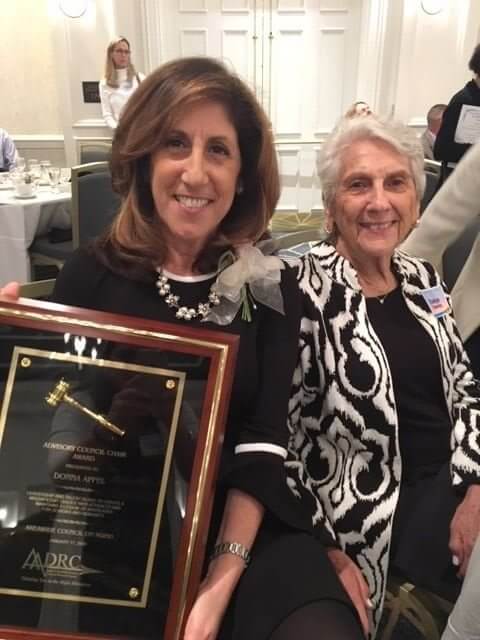Veterans Elderly Care
Going to the doctor can be a cause for stress for many people, including elderly adults. If your aging parent has been accustomed to rarely visiting the doctor for most of their adult life, making the transition to going more frequently can be difficult. For many elderly veterans, the idea of going to the doctor can bring on feelings of anxiety or a loss of control. As a result, many elderly veterans avoid going to the doctor altogether despite the concerns of their family. For seniors, especially those who suffer from chronic medical conditions such as diabetes and high blood pressure, regularly visiting the doctor is a necessity for good overall health and quality of life. So, what can you do if your senior veteran refuses to go to the doctor? Here are just a few things to try:
Get Recommendations From Trusted Family Members and Friends
If your parent feels apprehensive about visiting a doctor or specialist for the first time, have friends or family members who have visited them before to recommend them to your parent. If your parent knows that another trusted individual had a positive experience, it may convince them that they will, too.
Voice Your Concerns, But Avoid Being Pushy
Being pushy or demanding may only irritate or frustrate your parent. Instead, be open and honest about why you would like to see them getting medical attention. Tell them how you feel like they could benefit from it and that you are only putting their best interests first. If they see your honest concerns, communicated to them without anger or judgement, they may be more likely to respond positively.
Remind Them of the Good Things Doctor’s Visits Can Bring
If your aging parent is saddened by the fact that their health has gotten in the way of doing things that they previously enjoyed, remind them that it is possible that visiting a doctor can help them improve their health and possibly get back to doing enjoyable things. For example, if chronic pain or breathing problems are preventing them from enjoying their daily walk, remind them that there are medications available that can keep these symptoms under control. The promise of being able to enjoy their favorite activities again may be just enough for them to start taking control of their health care.
For more information and to learn about veterans elderly care, contact Veteran’s Home Care at (888) 314-6075.
















